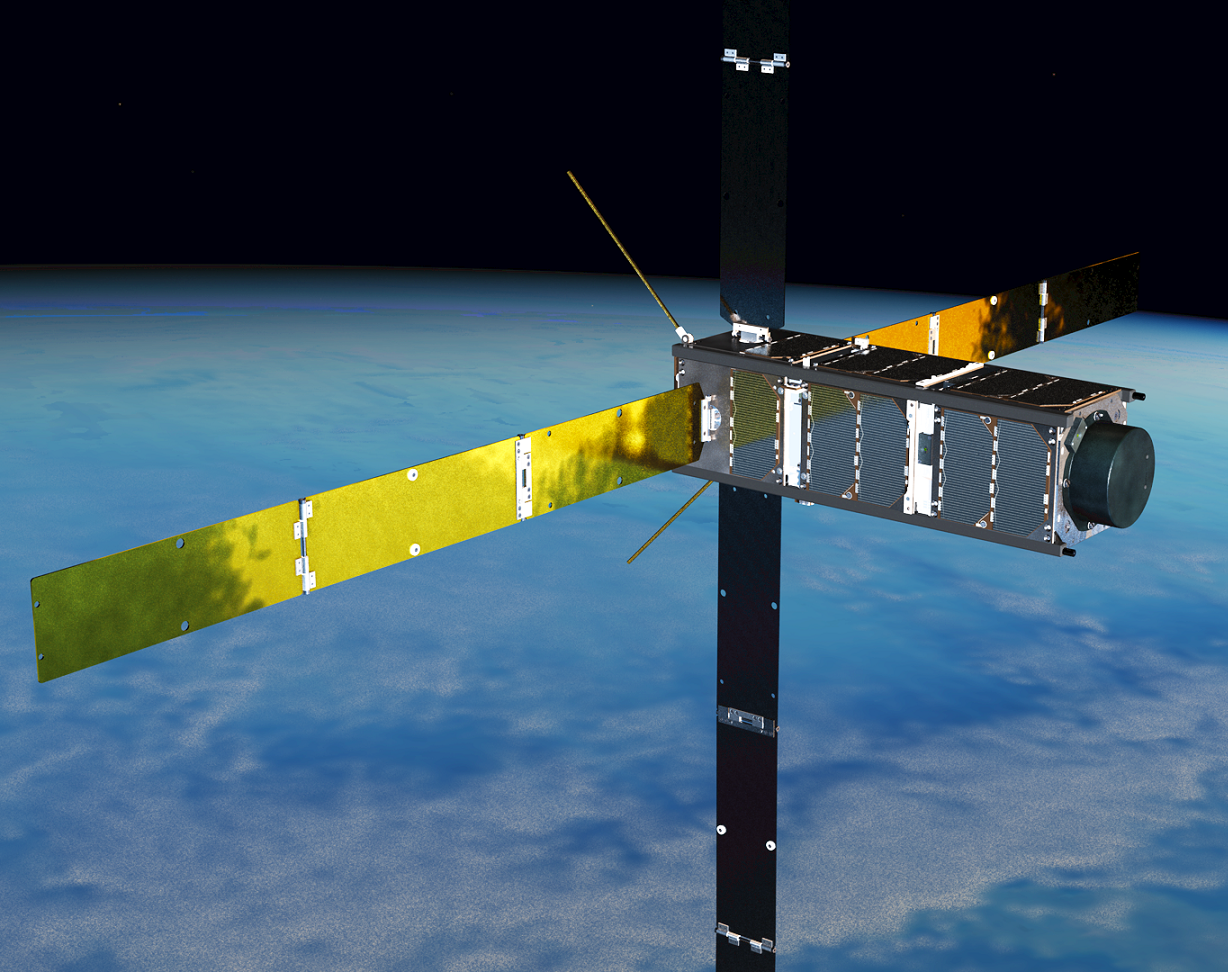
We want to revolutionize Earth observation by operating satellites at much lower altitudes than usual. Our satellites will be smaller, lighter and cheaper to launch while achieving a better resolution than today’s devices.
How is this possible?
Our Vision
How can we improve aerodynamics and increase the satellite's lifetime, while reducing drag?
Our Research QuestionsHighlights, News & Events
View all newsFinal DISCOVERER General Assembly
15th September 2022
The DISCOVERER Consortium meets for a last time before the end of the project in Manchester, UK for its final General Assembly Meeting. We are happy to see what has been achieved by this high-risk project despite several challenges along the line. Lots of interesting data was generated advancing the field of VLEO research! Watch out for them to be published in the near future!

Watch our last Masterclass
In his final Masterclass for the DISCOVERER project, PD Dr. Georg Herdrich from the University of Stuttgart speaks about the “Current Status of Atmosphere-Breathing Electric Propulsion (ABEP) Developments”, providing examples from the duration of the DISCOVERER project.
The video has been uploaded to YouTube and can also be watched on our website.
SOAR has completed its mission
After a 9-month mission to investigate aerodynamics and the environment in very low Earth orbit, our DISCOVERER test satellite SOAR has now come to the end of its life and has re-entered the Earth’s atmosphere. The recent increase in solar activity accelerated SOAR’s demise.
We would like to thank our partner institutions GomSpace, The University of Manchester, Elecnor Deimos & UCL for all their hard work and support on this mission! Now we turn our attention to analysing the data collected by SOAR during the mission and working towards the next generation of satellites that can operate sustainably in lower altitude orbits!
